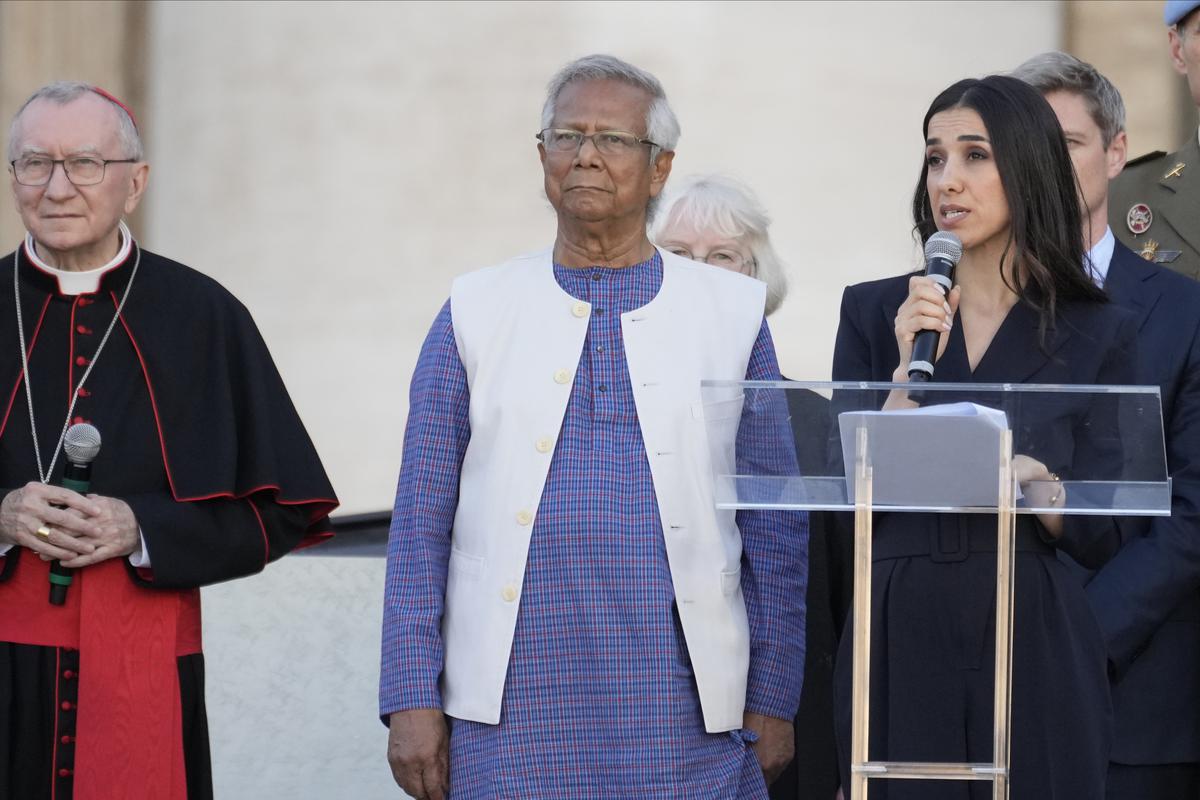
Muhammad Yunus, the renowned Nobel laureate and pioneer of microfinance, has been ordered by Bangladesh’s top court to pay over $1 million in taxes on a $7 million donation made to three charitable trusts. The decision comes amidst a strained relationship between Yunus and Prime Minister Sheikh Hasina, who has accused him of exploiting the poor.
Microfinance Pioneer Facing Tax Obligation
Muhammad Yunus, 83, gained global recognition for his innovative micro-credit bank, which has been instrumental in lifting millions of people out of poverty. However, his recent legal battle over taxes on a significant donation has put him in the spotlight once again.
Tax Dispute over Charitable Donation
The tax dispute centers around a $7 million donation made to three charitable trusts. The court’s ruling now requires Muhammad Yunus to pay more than $1 million in taxes related to this donation. The case has raised discussions about the taxation of charitable contributions and its implications for philanthropic endeavors.
Strained Relations with Prime Minister Sheikh Hasina
Muhammad Yunus’s relationship with Prime Minister Sheikh Hasina has been marked by tension and public disagreements. The Prime Minister’s criticism of Yunus, accusing him of “sucking blood” from the poor, has heightened the controversy surrounding the tax issue.
Microfinance’s Impact on Poverty Alleviation
Despite the ongoing tax dispute, the significance of Yunus’s pioneering microfinance initiatives in alleviating poverty remains undeniable. His micro-credit bank has provided accessible financial services to those who were previously excluded from traditional banking systems, empowering them to start and grow their small businesses.
The Role of Charitable Trusts
Charitable trusts play a crucial role in supporting social causes and community development in many countries. The taxation of donations to such trusts can have implications for the funds available for charitable projects and humanitarian efforts.
Addressing Taxation Matters Fairly
The court’s ruling in Yunus’s case highlights the complexities of taxation, especially when it involves charitable donations and philanthropic activities. Striking a balance between encouraging charitable giving and ensuring proper tax compliance remains a challenge for policymakers worldwide.
Nobel Laureate’s Legacy
Muhammad Yunus’s legacy as a Nobel laureate and a visionary in poverty alleviation continues to inspire many. His work has sparked a global movement towards inclusive financial systems and social entrepreneurship.
Implications for Philanthropy in Bangladesh
The outcome of this tax dispute could have broader implications for philanthropy in Bangladesh. Potential changes in taxation policies may influence donors’ decisions and impact the flow of funds into charitable initiatives.
Final Thoughts
As Muhammad Yunus faces the obligation to pay a substantial tax bill on his charitable donation, the case raises important discussions about the taxation of philanthropic endeavors and the challenges of balancing financial responsibilities with social impact. Despite the legal dispute, Yunus’s contributions to poverty alleviation through microfinance stand as a testament to the transformative power of social entrepreneurship.
